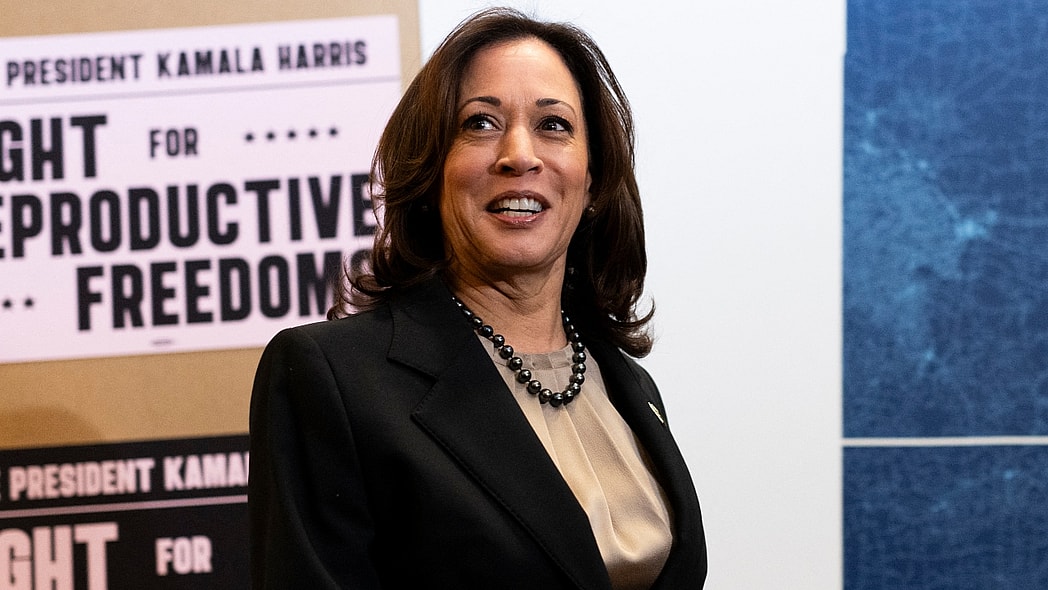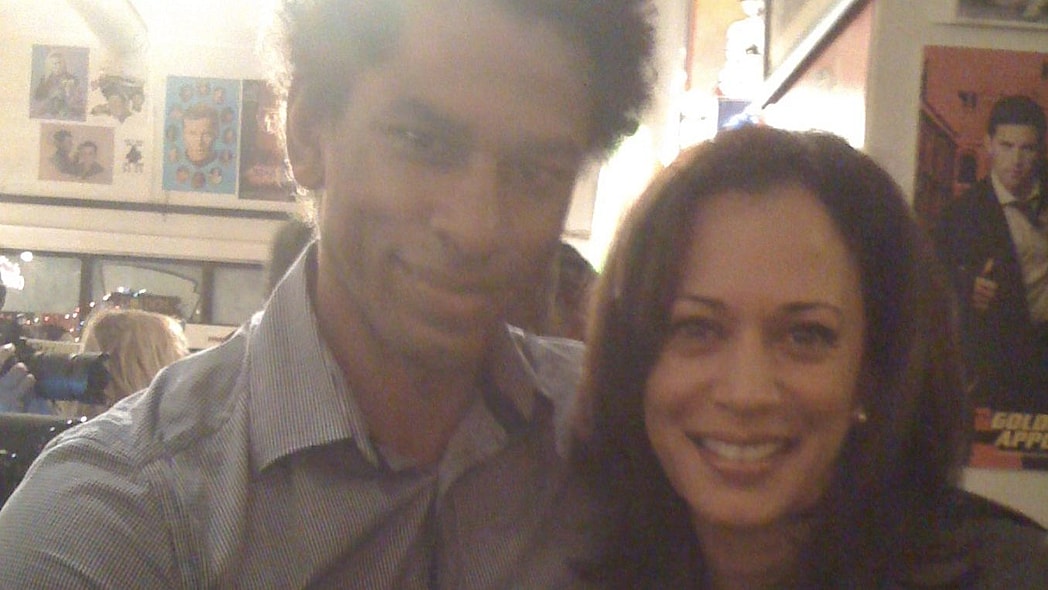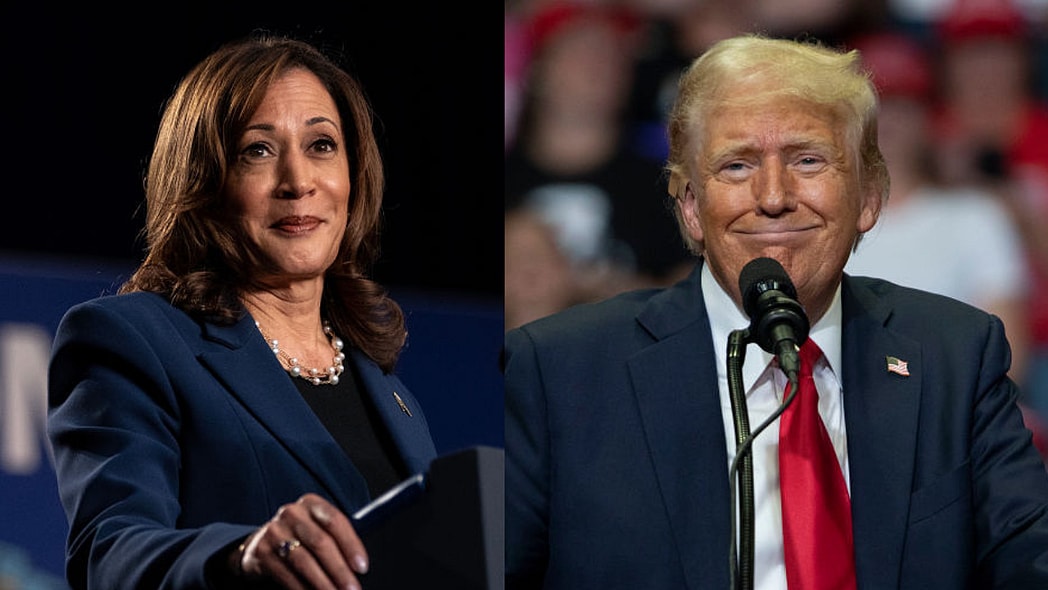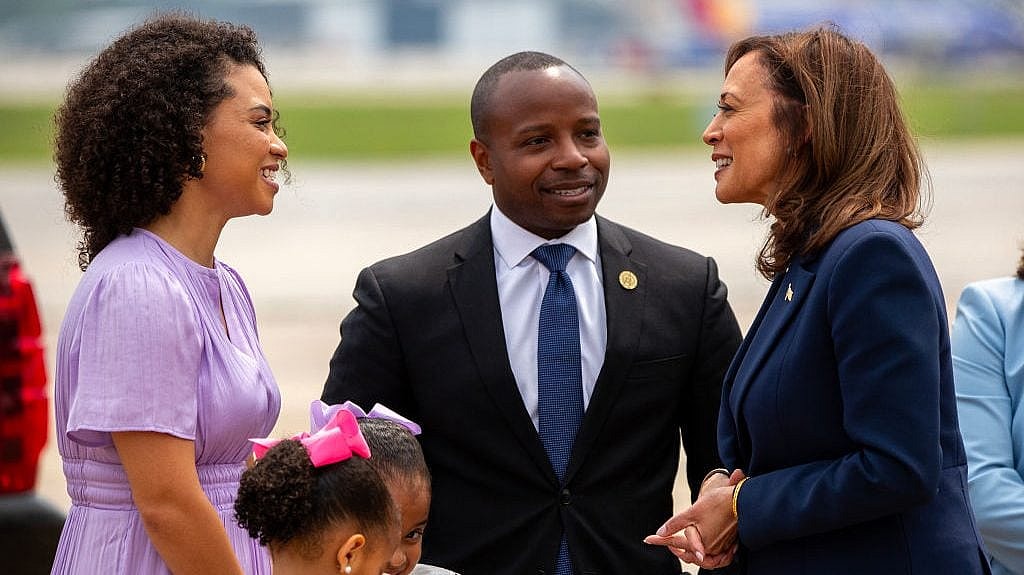One of the oddest criticisms of Vice President Kamala Harris floating around on the internet is that she’s not a Black woman — or as one internet commenter wrote, “only wants to be Black when it’s convenient.”
It’s a criticism we’ve seen before in politics, steeped in the complexities of identity politics and concerns about lineage in America. For some, the term “Black” only equates to African American or a generational Black American, descended from ancestors who survived chattel slavery. However, “Black” has also been used as a racial and cultural umbrella term, embracing all Black people who live in the United States, including those whose parents immigrated from other countries.
Here are the facts about VP Kamala Harris and what she’s experiencing as she becomes the Democratic party’s presumptive presidential nominee: Harris is literally being called a “DEI hire” at the most inconvenient time by Republicans such as Congressman Tim Burchett (R-TN) and Rep. Harriet Hageman (R-WY), who said VP Harris was “intellectually, just really kind of the bottom of the barrel.”
No matter the VP’s accomplishments as a college and law school graduate, district attorney, attorney general and former senator, suddenly, her extensive accolades mean nothing, and she’s only a “DEI” recipient. Having your intelligence questioned by people with half your resume is an experience many Black people can relate to.
Simply put, these racist and sexist attacks on VP Harris are obviously because she’s a Black woman.
In this conversation, only the facts matter. VP Kamala Harris is the product of a Jamaican father and Indian mother who connected during the civil rights movement and started a family in Oakland, Calif. — she comes from two different ethnicities and cultures. Through her father, she is a woman of African descent; she looks like many multi-ethnic or multiracial Black women we’ve celebrated and seen before. In a segregated American past, Harris would not pass as white.
History flashback: this same critique was lobbed at Barack Obama in 2008 by some within the Black political establishment. These critics said because Obama had a white American mother and Kenyan father, he wasn’t Black or Black enough.
While Obama may not have been a generational African American, meaning a descendant of chattel slavery in the U.S., every year of his presidency revealed the racism and resistance he faced as a racially Black man in America — and soon many critics of his race had to let it go. When Jeezy rapped, “My President is Black, my Lambo’s blue,” everyone sang along.
Recommended Stories
So let’s put it on the record — VP Harris is an AKA who graduated from the historically Black Howard University, identifies as a Black woman, along with being South Asian, and hasn’t shied away from embracing her race.
In a recent appearance at Essence Fest, Harris passionately recalled what she was told growing up amid a community of elders:
“I grew up in a community where it was an extended family of people who told all of us as children [that] we were young, gifted, and BLACK,” she reminisced.
There are three months to this election — and while you’ll see a lot of opinions floating around, which everyone is entitled to, the facts absolutely matter.
Kamala Harris has spoken on who she is. Whether we focus on still debating her Blackness or the policies she could enact as president to help the country, will totally be up to us.









